Hello,
Welcome to Cultural Capital.
*** Before I start I must remember to mention that I will be live in conversation with the critic and novelist Leo Robson in London on the 8th July to discuss literature, criticism, the decline of the English degree, his new novel and more. Tickets available here.***
Newspapers are filled with lists of the best “summer reading” at the moment. For years I have cherished and cultivated a short list of perfect novels to read on holiday. Crucially, I think, it has been much refined by feedback. All these books are not only ones I have enjoyed reading on holiday but which I have then recommended to others who have enjoyed them in turn. In most cases the recomendees have themselves become recommenders.
When friends ask for ideas of what to read on holiday these are the books I mention. I have long mentally labelled this as my list of novels you can’t go wrong with.
The principle of the list is that you want to be absorbed by books on holiday more than you want to be challenged by them — but also that you don’t want to read sentimental, foolish or emotionally-manipulative drivel.
All these novels are reasonably modern because even the best and most readable Victorian novels come with a pain threshold. But I have excluded e.g. Donna Tartt because although she writes undeniably absorbing books I ultimately find her too silly and pretentious to read without irritation.
I’m far from claiming that every book on this list is a literary masterpiece (though a couple are) but I am confident each of these will absorb you. If these choices seem obvious that’s because these books are justly famous!
Here is the list:
The Line of Beauty by Alan Hollinghurst
Not only incredibly readable but also plausibly the best novel of the twenty-first century. The meaningfully-named Nick Guest stays with the family of the fabulously wealthy conservative MP Gerald Fedden. Nick gets involved in a great deal of gay sex, political intrigue and high-living. Beautifully plotted, beautifully characterised and beautifully written. There is a bravura moment in which Mrs Thatcher appears as a character — only Hollinghurst could pull it off. When my girlfriend read it in France a few years ago she became so absorbed by it she essentially stopped communicating with the outside world.
Breathing Lessons by Anne Tyler
I don’t love all Anne Tyler’s novels — there are too many of them and several are a bit twee — but this is a jewel. It’s set in one day, an elderly mid-western couple drive to a friend’s funeral. And over the course of that car journey you learn all about their past, their family their future. A lovely, melancholy and emotionally persuasive book.
The Neapolitan Quartet by Elena Ferrante
It almost seems too obvious to mention but I mentioned it to friend recently and was amazed to learn he’d still not read it. It’s not over hyped and is just as good as everyone says. Lenu and Lila are childhood friends growing up in Naples in the 1950s. Their lives take dramatically different trajectories. The book has nineteenth century scope and rattles you through Neapolitan slums, gang warfare, sixties’ universities and national politics with incredible confidence. I once read a lovely piece by (I think) Francesca Wade in which she recalls reading one of the Ferrante books at the same time as her mother who was so desperate to find out what happened next she sawed the last book in half with a bread knife so they could both read it at once.
+ The Lying Life of Adults by Elena Ferrante
If you have read The Neapolitan Quartet, Ferrante’s most recent novel The Lying Life of Adults provides all the same pleasures — not quite at the same intensity but its brilliant nonetheless. I read it a couple of years ago and was suitably entranced.
The Corrections by Jonathan Franzen
Just a stunningly ambitious and absorbing book of the kind only produced in America. It follows the middle class (in American terms) Lambert family. Alfred Lambert (the father) has been diagnosed with Parkinson’s disease; Enid, the mother is frantically trying to keep up appearances. All the children are suffering various crises and breakdowns. Along the way you see all of life. For my money the most enjoyable of the would-be “great American novels”.
In Gratitude by Jenny Diski
This is not a novel but everybody I’ve ever recommended to has loved it. Before she died a few years ago Jenny Diski wrote a series of beautiful memoiristic pieces for the LRB about her cancer diagnosis and childhood. Those pieces form the basis of this book. The extraordinary fact of Diski’s life is that as a troubled teenager she was adopted by … the novelist Doris Lessing. Her account of how she went off the rails and her introduction to Lessing’s exciting (yet troubled) bohemian world is great. One of those books that is a little world.
The Bonfire of the Vanities by Tom Wolfe
I vividly remember reading this on holiday in Portugal in my teens. I was sleeping in the kitchen of a holiday cottage on an airbed that kept deflating so I lay awake at night just racing through it, thrilled by a world of finance and combustible race relations I only half understood. I re-read it a couple of years ago and — for all that Wolfe is sometimes sneered at by critics — I think it holds up. Sherman McCoy is a bond trader and Wall Street “master of the universe” whose life falls apart after he gets involved in a hit-and-run incident in the Bronx. Just so thrilling.
The Crimson Petal and the White by Michel Faber
A twenty-first century Victorian novel but with sex in it. I’m perhaps somewhat less confident about this as it’s been a while since I read it. But it is on the canonical list I always send to friends and everyone who read it liked it. I suspect some will (probably justly) find the sexual politics of this book dodgy and feel (also justly) put-off by the graphic descriptions of Victorian prostitution in the early pages. But when Sugar (the prostitute heroine) snares a position as the mistress of a wealthy man, things really take off. I remember thinking that seeing the familiar sumptuous world of the Victorian upper middle class through the eyes of a modern novelist was just endlessly entertaining.
The French Lieutenant’s Woman by John Fowles
Another modern novel interestingly pretending to be a nineteenth century novel and much more of a classic (I think my dad used to teach it). Charles Smithson is torn between his wealthy and proper fiancée Ernestina and the mysterious fallen woman Sarah. There are a couple of post-modern gimmicks and eventually multiple alternative endings.
Leaving the Atocha Station by Ben Lerner
Less “absorbing” than the other books on this list but included because I find it so pleasurable. Adam Gordon is a cynical, pretentious and not necessarily talented poet wasting time in Madrid where he is living for a year on a student grant to write a poem about the Spanish civil war. Half the enjoyment of the book is in Adam’s voice. The scenes in which he gets himself into scrapes by pretending he can speak Spanish are genuinely hilarious.
The Past by Tessa Hadley
I love Tessa Hadley. The Past is my favourite of her books. Four middle aged upper middle class siblings converge on their inherited family home with their partners and children for one last summer holiday together. It’s an absorbing story (though the plot is wrapped up a bit too neatly at the end) but the main pleasure is Hadley’s characterisation. She’s a superb observer of modern of life. Characters like Roland (the successful media academic) you suspect she could do in her sleep but she really comes into her own with the younger characters. Kasim, the bored and would-be worldly LSE student is perfectly observed. So is Molly the phone-addicted teenager. You can tell she has really paid attention to people. It makes you realise how good it must have been in the nineteenth century when you recognised all the types of people in novels.




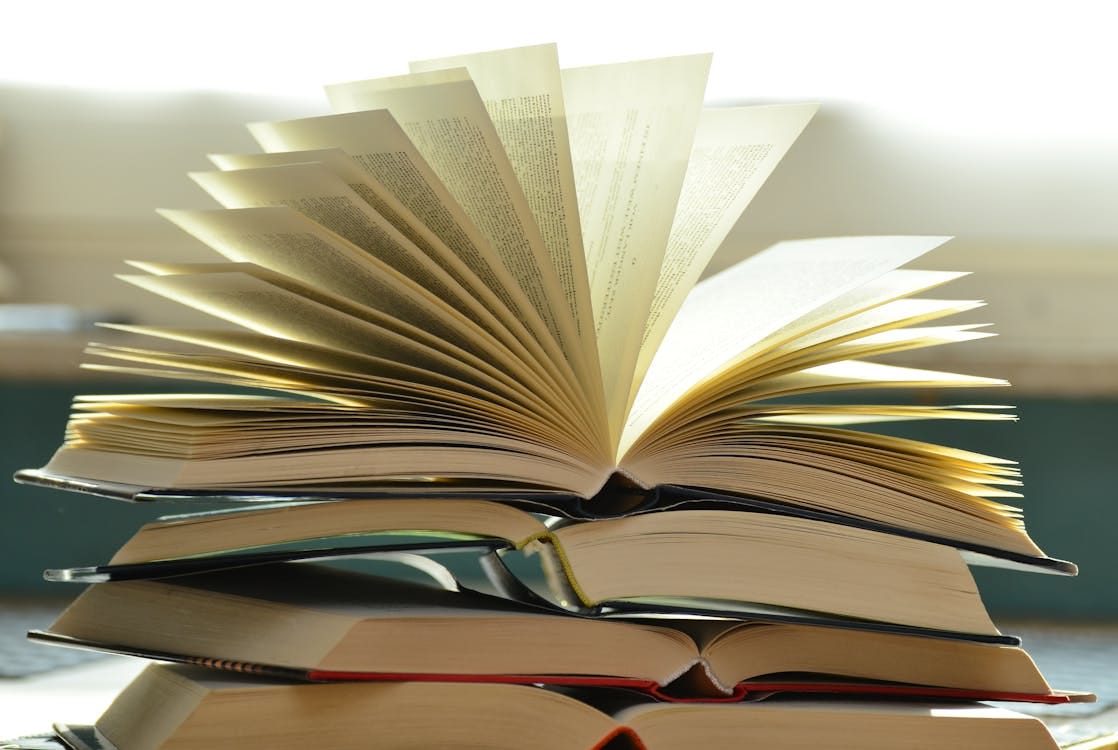


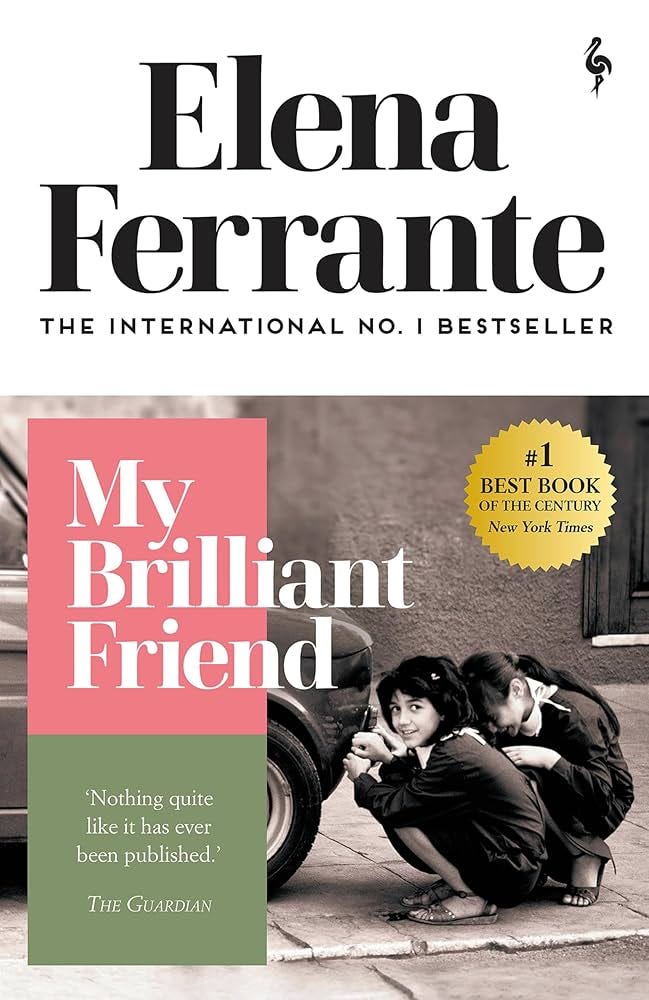
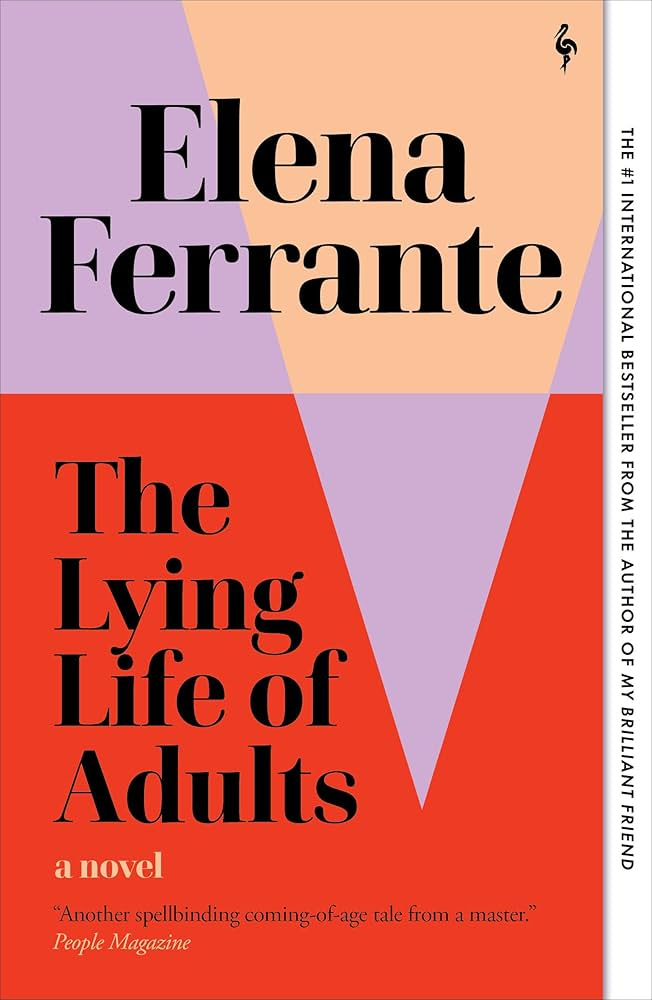


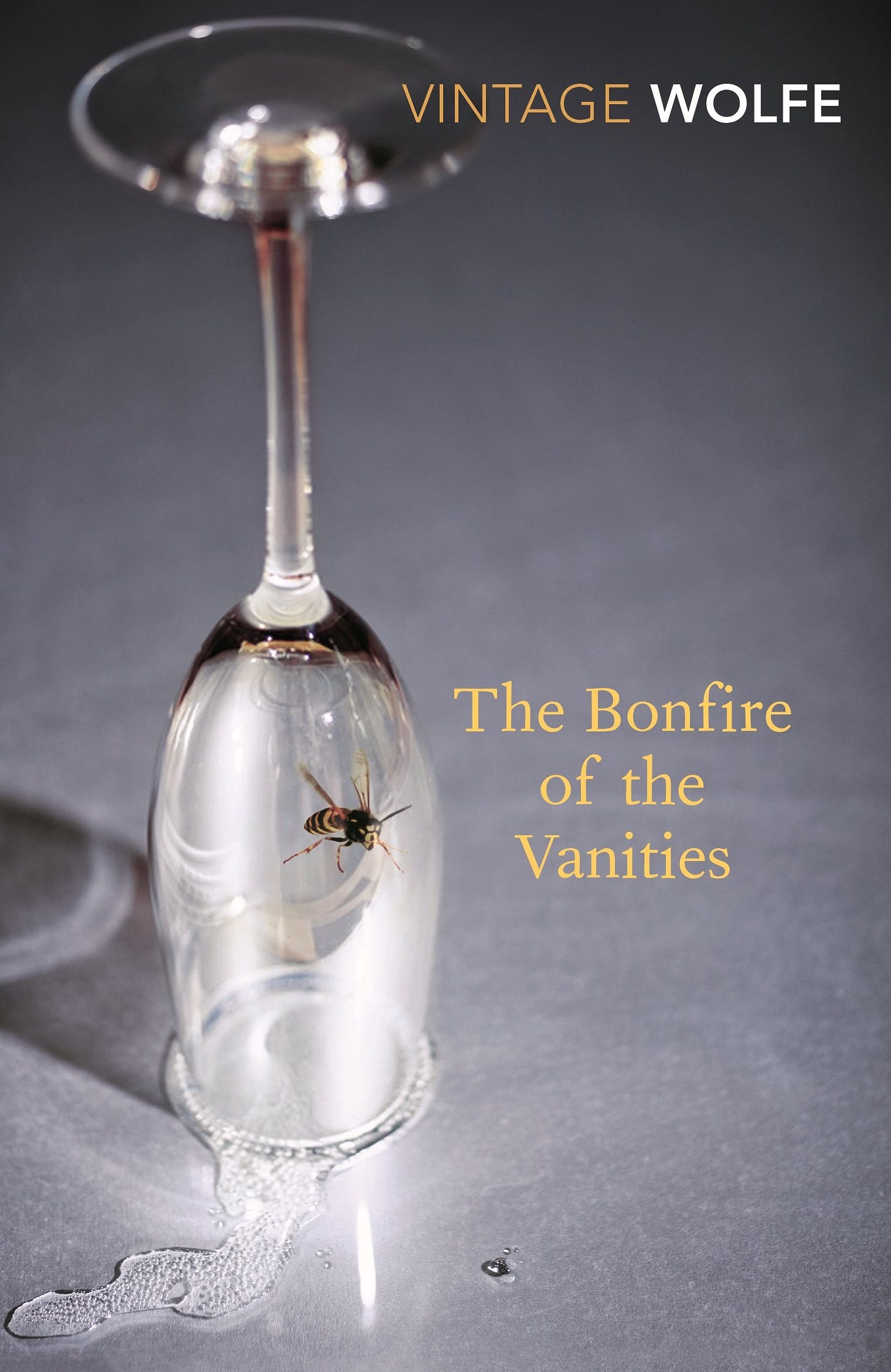


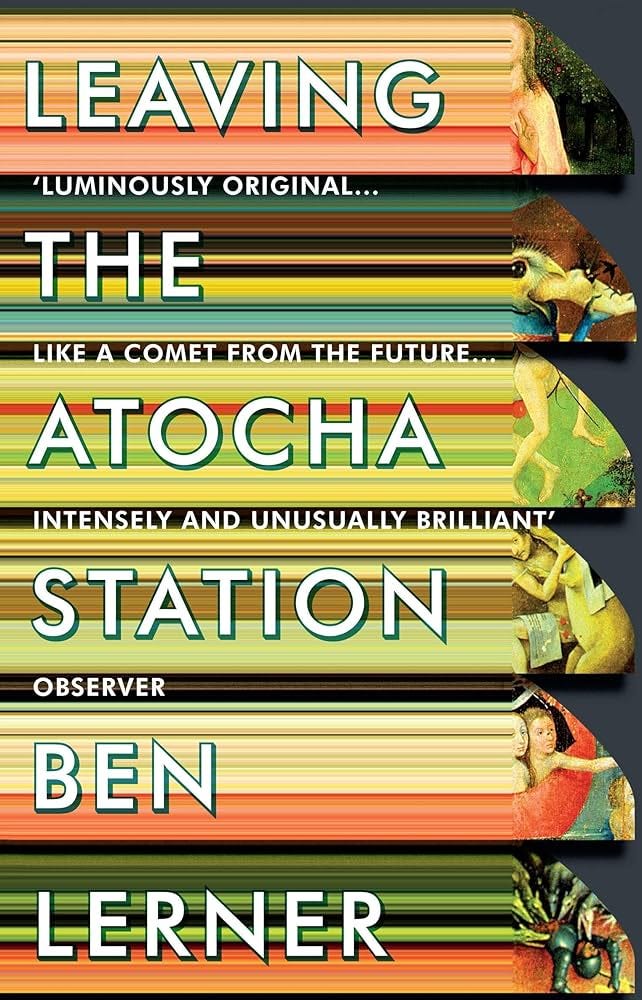

Thanks for this. Can I raise a hand for the extraordinarily immersive Lonesome Dove by Larry McMurtry?
Since you've listed two "modern novels pretending to be 19th century novels", I wonder if you considered the one which is, to my mind, the greatest of them all: Charles Palliser's The Quincunx. An utterly compelling book - infinitely greater (in my view) than either Faber or Fowles.